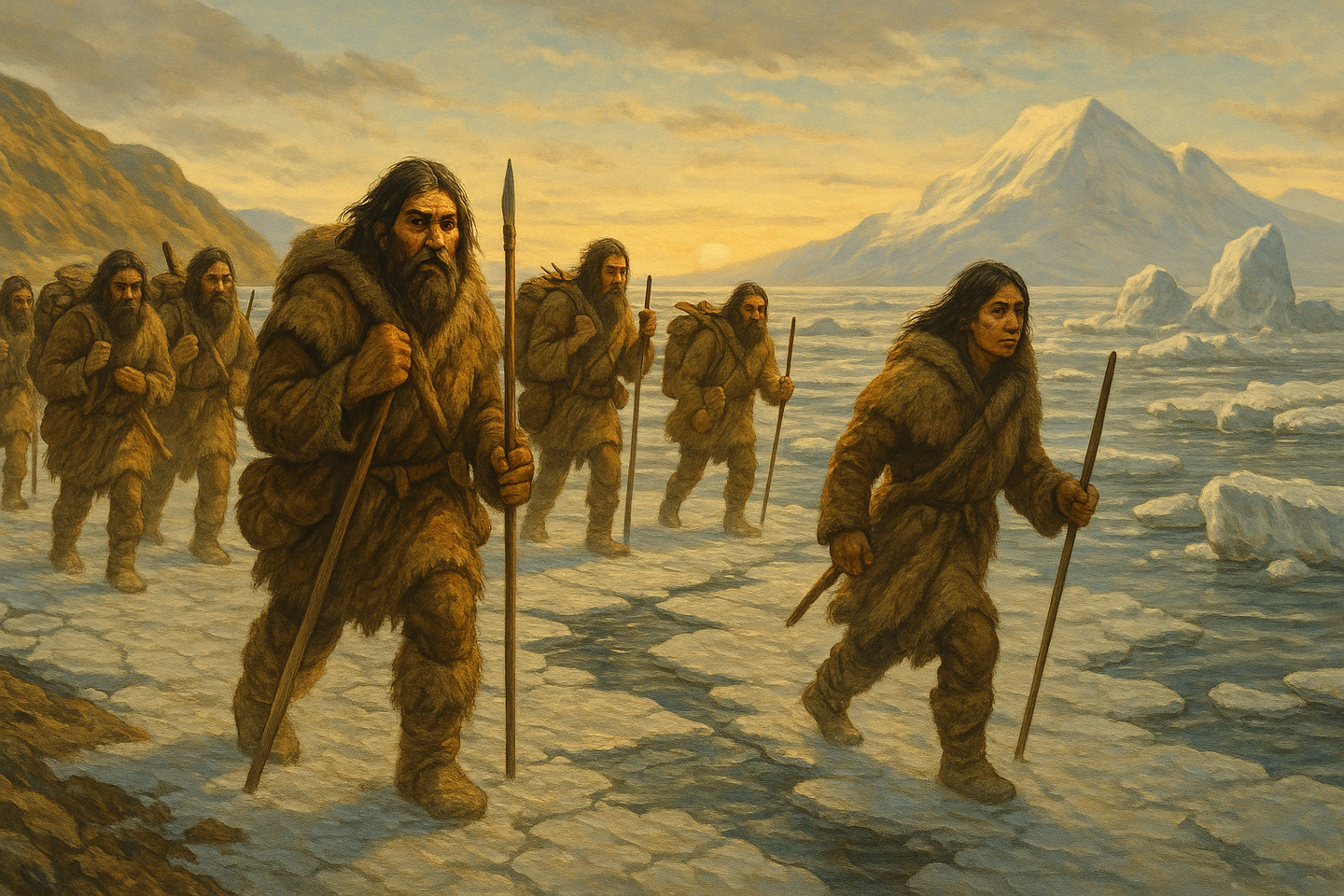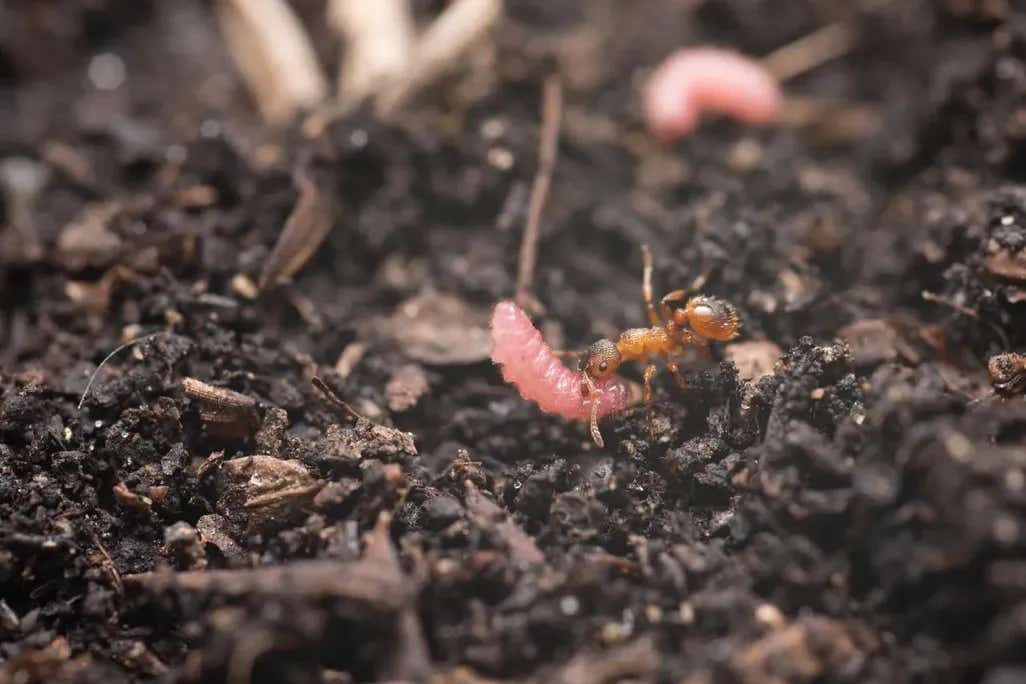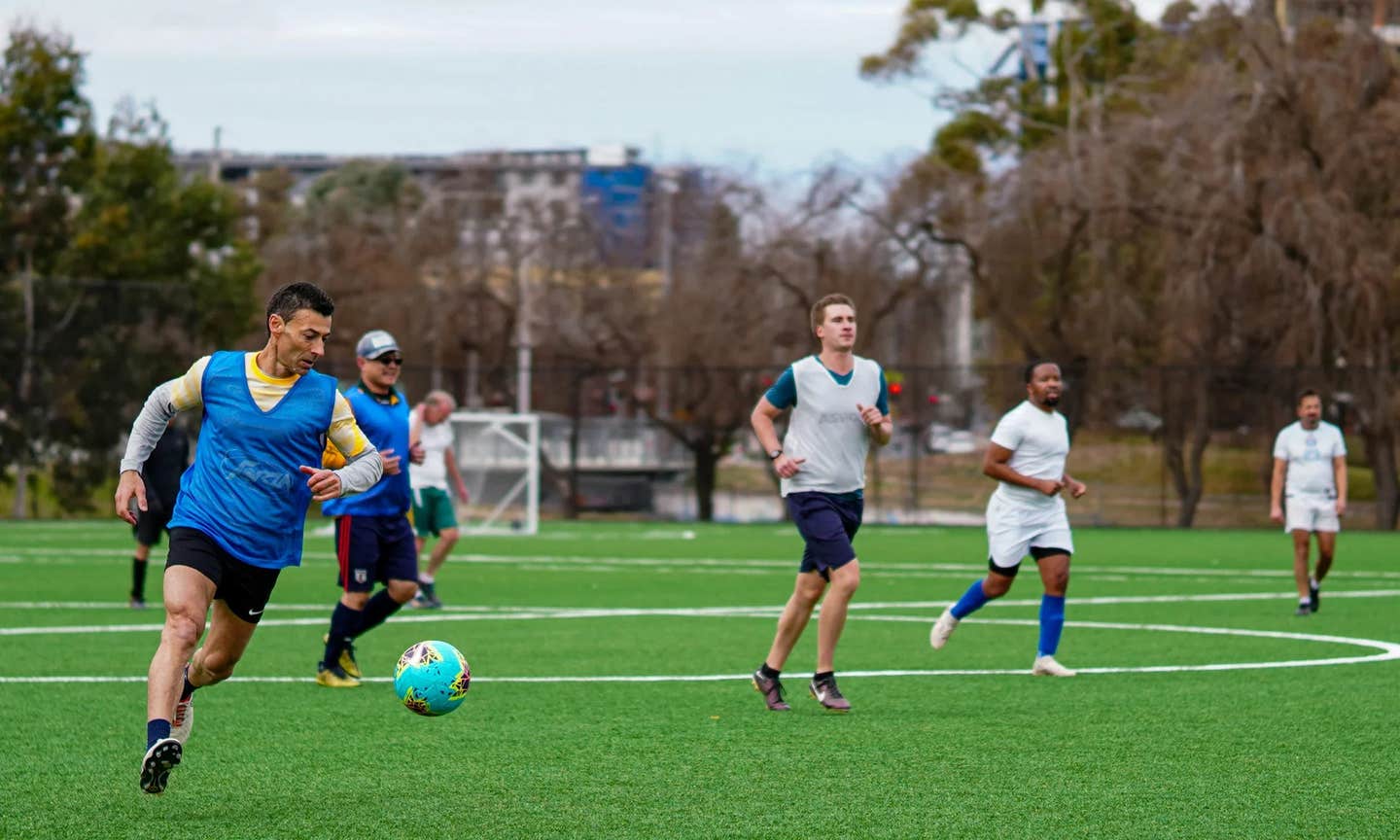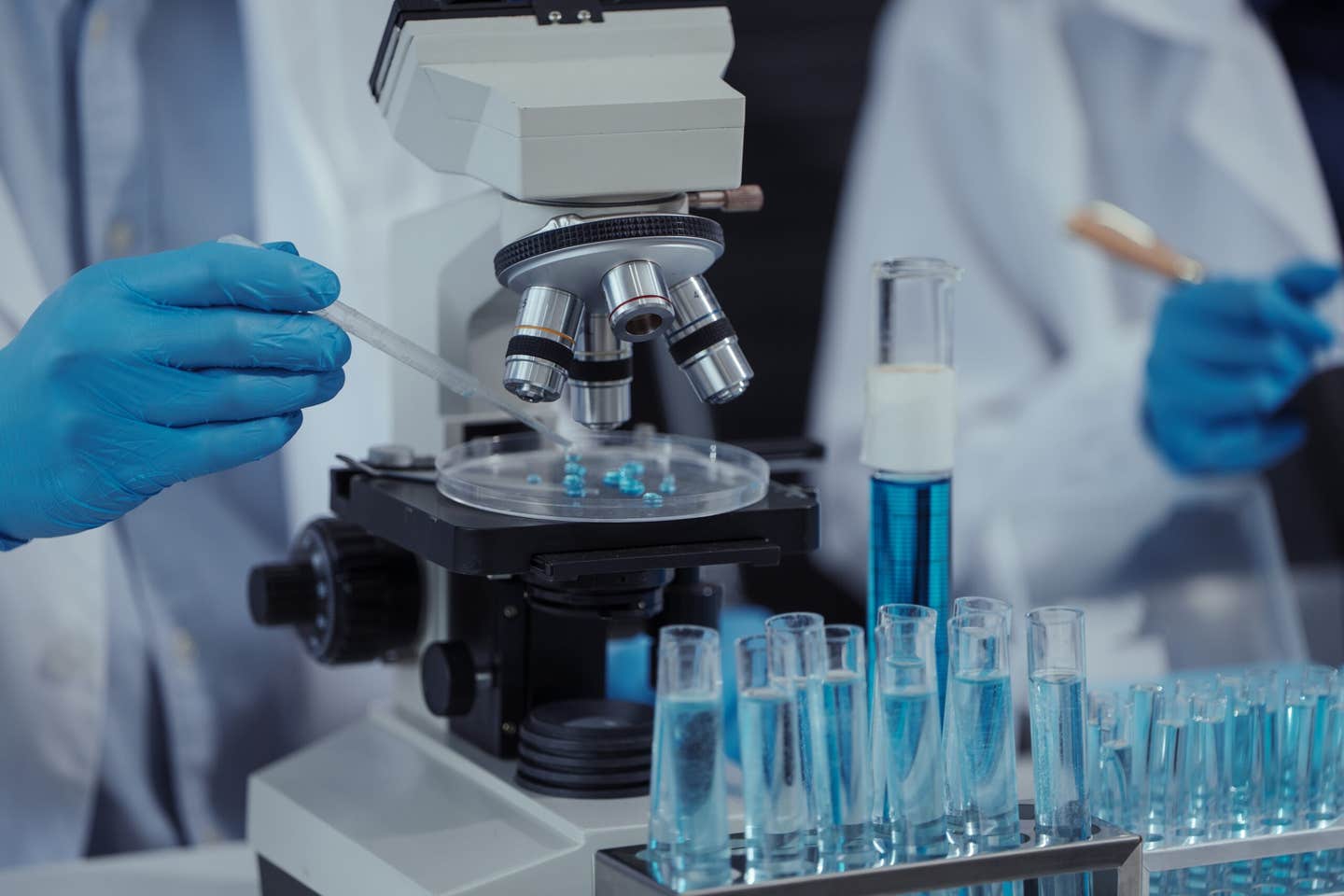DNA from long-extinct branch of the humanity boosted survival rates for early Americans
The twist is that many people in the Americas today carry a special version of this gene that doesn’t come from modern humans at all.

A Denisovan gene variant in Indigenous Americans shaped human survival in the Americas. (CREDIT: AI-generated / The Brighter Side of News)
Thousands of years ago, groups of ancient people made the dangerous journey across the icy land bridge of the Bering Strait into the Americas. They carried tools, traditions, and survival skills with them. But, according to a new study, they also brought something else that may have quietly helped them endure—an ancient stretch of DNA with origins in a long-extinct branch of the human family tree.
A Genetic Hand-Me-Down
The research, published in Science and led by scientists at the University of Colorado Boulder, shines a light on a gene called MUC19. This gene is responsible for creating a protein involved in mucus production, which forms the protective coating that guards your body against infection and harmful particles.
The twist is that many people in the Americas today carry a special version of this gene that doesn’t come from modern humans at all. Instead, it can be traced back to Denisovans, mysterious human relatives who lived tens of thousands of years ago.
Denisovans were close kin to Neanderthals, and both groups interbred with early humans. While Neanderthal ancestry is widespread in modern populations, Denisovan DNA is patchier, mostly showing up in people from Oceania and parts of Asia. But this study found something unexpected: in people with Indigenous American ancestry, Denisovan DNA is hiding inside the MUC19 gene.
How the DNA Got Passed Along
By comparing modern DNA from people in Mexico, Peru, Puerto Rico, and Colombia with genetic data from Neanderthals, Denisovans, and ancient Indigenous individuals, the team uncovered a surprising chain of events. The Denisovan piece of DNA is tucked inside a larger stretch inherited from Neanderthals, forming what one researcher jokingly called “an Oreo, with a Denisovan center and Neanderthal cookies.”
Here’s the likely story: Denisovans first passed the DNA to Neanderthals. Then, when Neanderthals and early humans interbred, humans inherited this hybrid genetic package. When those humans eventually migrated into the Americas, natural selection seems to have favored it, helping it spread through Indigenous populations over thousands of years.
Related Stories
- New species of ancient humans rewrites the story of early human evolution
- Humans and Neanderthals interbred 100,000 years earlier than previously thought
A Gene With Staying Power
What stood out most was how common the Denisovan-like MUC19 variant is among people today. Nearly one-third of people of Mexican ancestry carry it, a number far higher than in people of European descent, where only about 1 percent have it. In ancient Indigenous remains from before European contact, the variant shows up even more frequently, suggesting it offered real advantages.
Evolutionary tests confirmed this. Researchers used two methods, known as PBS and iHS, to see whether natural selection had acted on this part of the genome. The results were striking: in Mexican-derived genomes, the region around MUC19 showed strong signs of being favored by evolution.
“This DNA was clearly doing something beneficial,” said Fernando Villanea, an assistant professor of anthropology at CU Boulder and one of the study’s lead authors. “It shows an amount of adaptation and resilience within a population that is simply amazing.”
What Makes It Different
Digging deeper, the scientists found that this version of MUC19 isn’t just a small tweak—it carries big changes. People with the Denisovan-like variant have an unusually large number of repeated DNA segments within the gene, nearly double in some cases compared to people without it. These repeats affect how the mucus-forming protein is built, which in turn could change how mucus behaves.
Along with that, the researchers spotted nine mutations in the protein-coding sequence that are unique to the Denisovan-like version. One of these stands out as especially dramatic, with the potential to significantly alter how the protein folds or functions.
The mutations cluster in a region important for forming the sticky chains that hold mucus together. That suggests the variant may change the thickness or strength of mucus, possibly making it better at trapping pathogens or protecting tissues.
Surviving New Environments
Why did this version of MUC19 prove so useful in the Americas? The first migrants arriving in the New World faced an environment unlike anything their ancestors had known. They encountered new climates, ecosystems, and pathogens. From icy tundra to humid rainforests, they had to adapt rapidly to survive.
Villanea believes this borrowed DNA helped. “All of a sudden, people had to find new ways to hunt, new ways to farm, and they developed really cool technology in response to those challenges,” he said. “But, over 20,000 years, their bodies were also adapting at a biological level.”
The Denisovan-like MUC19 may have made mucus more effective at defending against infections or helped adjust to different environmental stresses. Whatever its exact role, the gene was clearly favored in Indigenous Americans while fading in many other parts of the world.
Unraveling Ancient Mysteries
The study also highlights just how much is still unknown about Denisovans. Discovered only 15 years ago from a fragment of bone in a Siberian cave, they remain one of the least understood branches of humanity. Scientists know more about their DNA than their appearance, though they may have had heavy brows and no chins, similar to Neanderthals.
This research adds another layer to their legacy. By leaving traces of their DNA not just in Oceania and Asia but also hidden in the genomes of Indigenous Americans, Denisovans continue to shape human biology thousands of years after their extinction.
“What Indigenous American populations did was really incredible,” Villanea said. “They went from a common ancestor living around the Bering Strait to adapting biologically and culturally to this new continent that has every single type of biome in the world.”
Practical Implications of the Research
The findings open new doors for understanding human health. Because mucus plays such a central role in defending the body from infection, the Denisovan-like MUC19 variant may affect disease resistance, allergies, or respiratory conditions in people today. Learning how this gene works could eventually inform medical research, especially for conditions tied to the immune system.
More broadly, the study shows why it’s essential to include underrepresented populations in genetic research. By focusing only on people of European or Asian descent, many important evolutionary stories remain hidden.
This discovery reminds us that our survival as a species has always depended on shared history and unexpected connections.
Note: The article above provided above by The Brighter Side of News.
Like these kind of feel good stories? Get The Brighter Side of News' newsletter.



